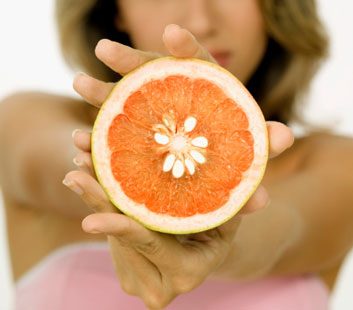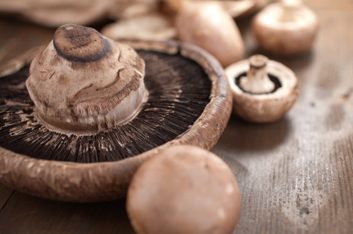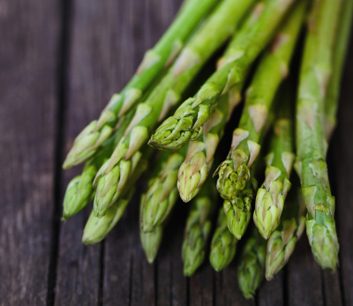
Asparagus
Spring’s favourite vegetable, asparagus, is rich in good-for-you vitamins, and a great choice if you can’t afford to buy organic.
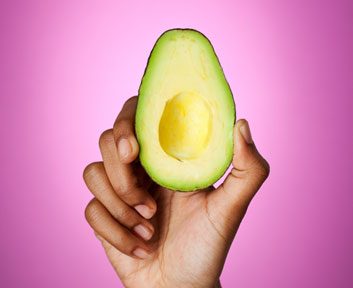
Avocados
Avocados are a super-healthy way to add valuable nutrients and fibre (yes, and healthy fat!) to your diet.
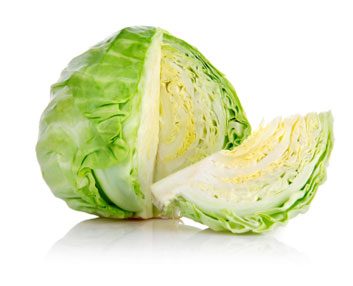
Cabbage
Incorporating this thick, sturdy-leafed cruciferous vegetable into your diet promises plenty of vitamins C and K. It also stores well, and is a bargain in the winter when more tender greens are harder to come by.
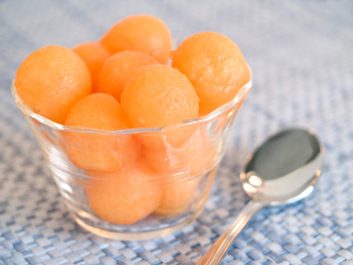
Cantaloupe
Cantaloupe is high in potassium and vitamins A, C and B6. It’s also high in water content, making it filling.
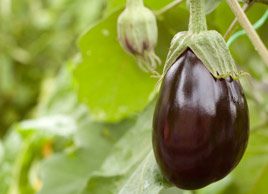
Eggplant
Eggplant is high in fibre, and a good source of vitamin K.
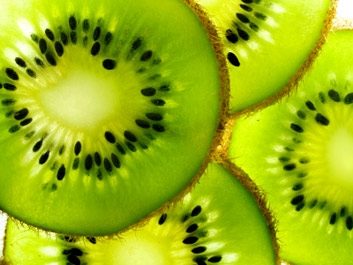
Kiwi
One medium kiwi supplies more than a full day’s worth of vitamin C, packing even more than an orange, cup for cup.
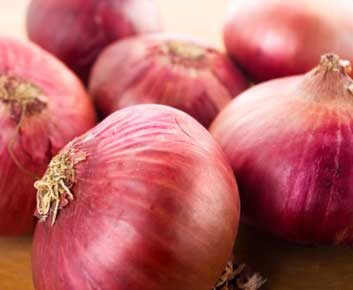
Onions
Onions have incredible healing powers – including helping prevent blood clots, fighting cancer and boosting folate.
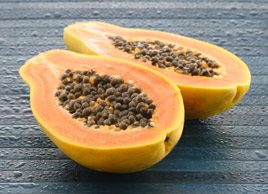
Papayas
Papayas are non-acidic (so they’re good for soothing your stomach) but they are packed with vitamin C and beta-carotene (more than even orange and grapefruit), two antioxidants that may lower your risk of uterine cancer, according to a 2009 study by The Cancer Institute of New Jersey.
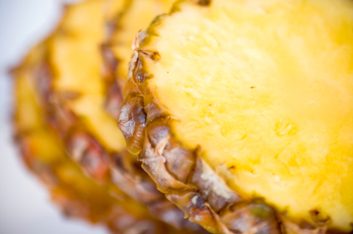
Pineapples
The sweet and tart tropical fruit contain bromelain, an enzyme that improves digestion as well as helps to fight blood clots from forming. Pineapples can also help prevent swelling, a common ailment during the summer months.
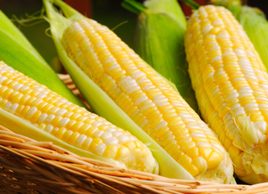
Sweet corn
Corn is full of health-boosting carotenoids, which can help protect you from age-related macular degeneration, as well as type 2 diabetes.
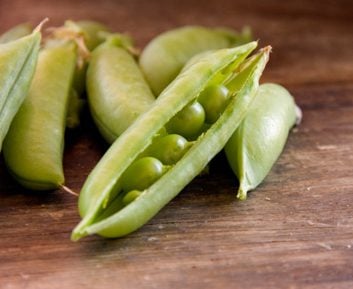
Sweet peas
Peas are proof that powerful nutrients do come in small packages. They are packed with vitamin C, help fight depression and protect your heart.
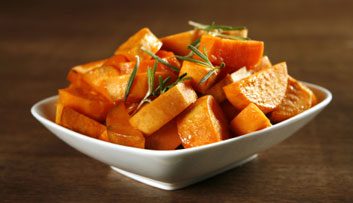
Sweet potatoes
Sweet potatoes offer a significant amount of vitamin A, or beta-carotene, which is responsible for their yellow-orange colour.
Related:
• Produce with the highest pesticide levels
• 5 foods worth buying organic
• 5 ways to go organic on a budget
